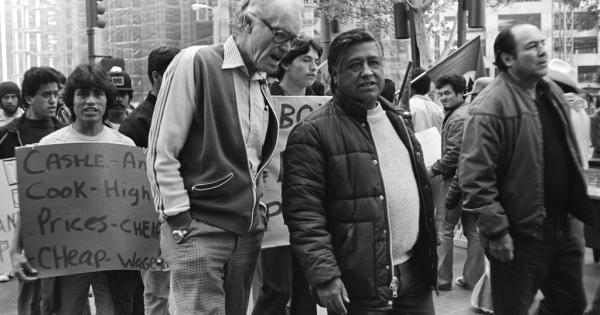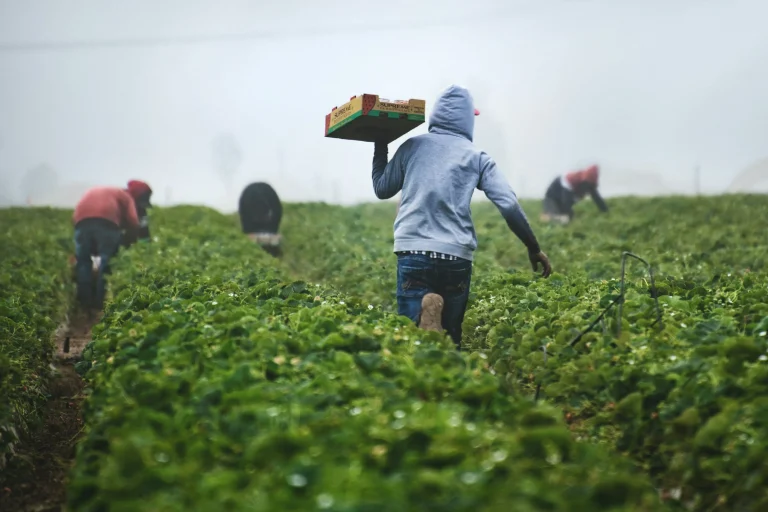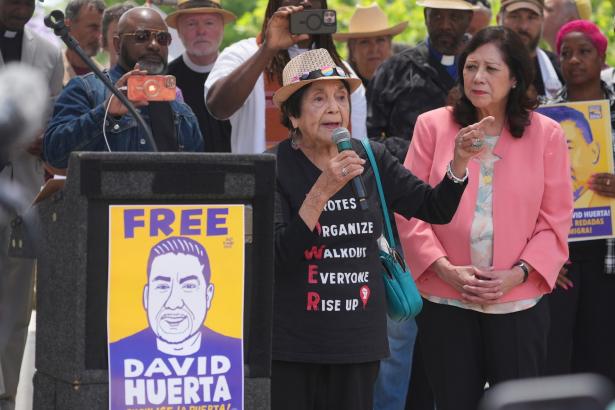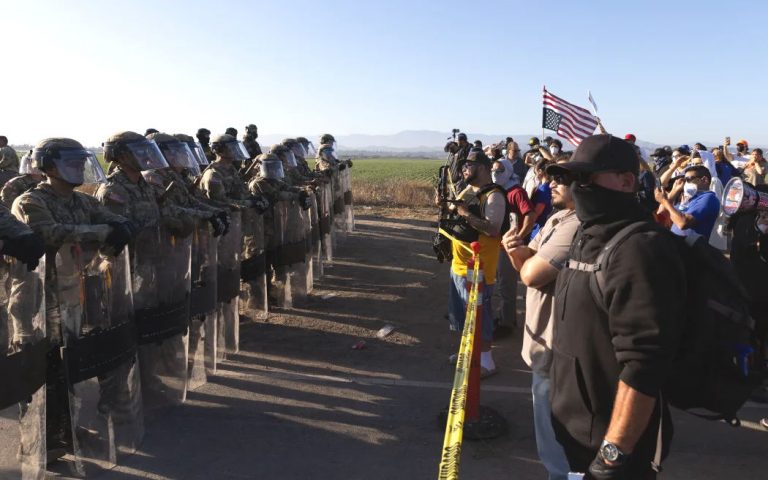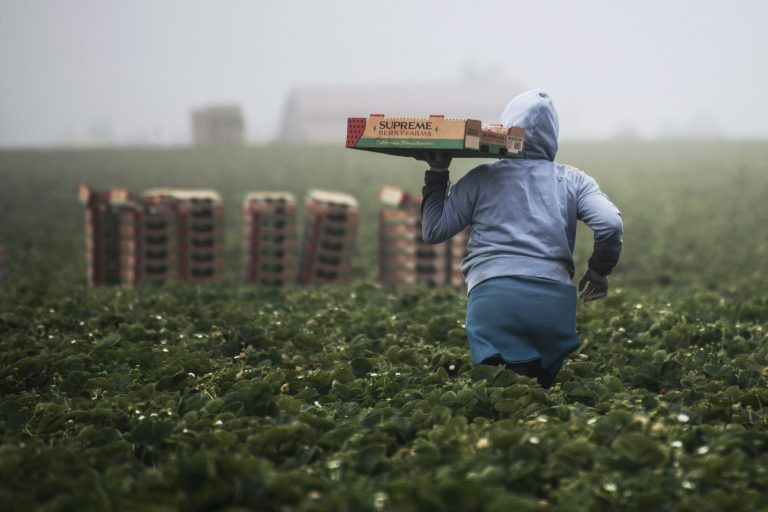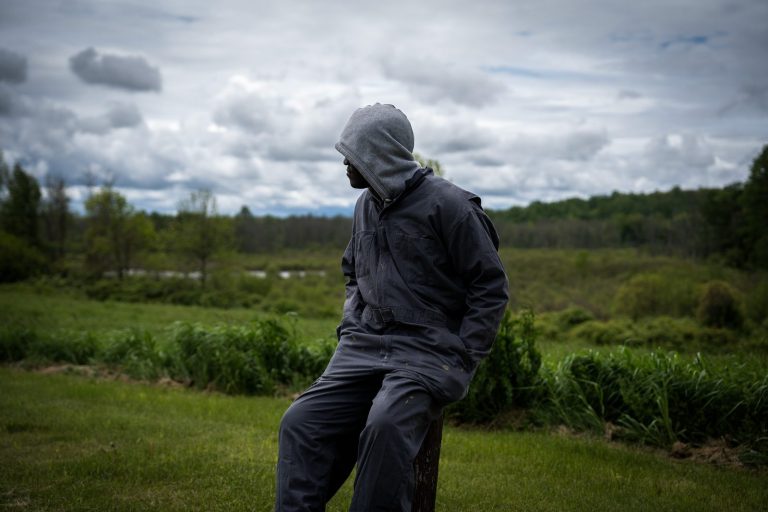Fred Ross Changed Community Organizing
"A good organizer is a social arsonist,” Fred Ross Sr once said. “One who goes around setting people on fire.”
Ross may be the most influential political activist you’ve never heard of. This anonymity was intentional. Carey McWilliams of the Nation called Ross “a man of exasperating modesty, the kind that never steps forward to claim his fair share of credit for any enterprise in which he is involved.” He believed organizers should be behind the scenes, getting others to take leadership in their unions, community organizations, and civil rights groups.
Ross was a California community organizer for the better part of the twentieth century. He started in the 1930s farmworker camps that inspired John Steinbeck’s novels and went on to pioneer methodical tactics that transformed American organizing.

